There is no alternative to an Israeli ground attack, said Michael Milshtein, a former member of Israel's military intelligence agency and now a researcher at the Moshe Dayan Center for Middle East and African Studies at Tel Aviv University.
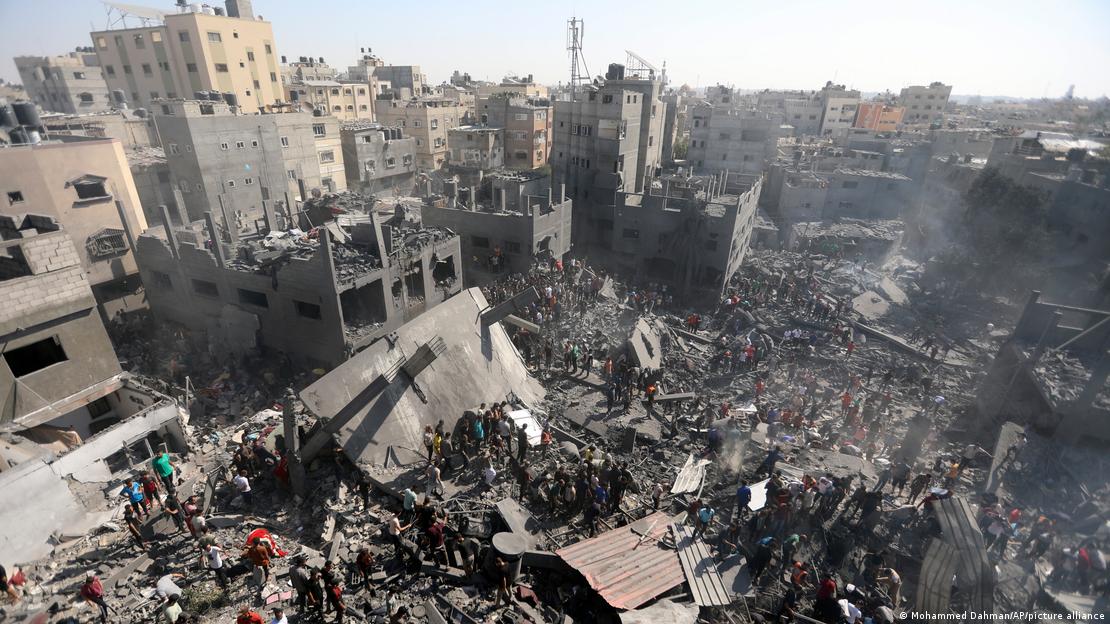
Gaza area after Israeli bombings. Photo: DW
“Hamas has always been very clear in its goals of promoting jihad and the eradication of Israel,” he said.
One question, however, remains: How will Gaza be governed if Israel achieves its goals? The Israelis have not given a formal answer to that question. It is also unclear whether they will be able to completely eliminate Hamas.
And one thing is clear: a power vacuum cannot be allowed to emerge. Mr Milshtein said a rapid withdrawal would “leave a vacuum that would be filled by Islamist and non-state groups”.
The situation in Afghanistan is an example of this. There, the extremist group “Islamic State” sought to exploit the weakness of state institutions after the Taliban took over for its own purposes. The same extremist group has also exploited the lack of state control in the Sahel region.
Iran, which supports Hamas and other militias in the region, could also benefit from such a power vacuum in Gaza and find new allies or partners inside the Gaza Strip.
So how will order be restored in the Gaza Strip after this conflict is over? According to Milshtein, there are a number of options, but each presents challenges.
Scenario 1: Israel takes control of the Gaza Strip
Israel maintained military control of the Gaza Strip until 2005 and is likely to do so again. But such a move could also provoke new military attacks. It would also have a troubling impact on the regional balance of power, said Stephan Stetter, professor of international politics at the German Federal University of the Armed Forces in Munich.
In addition, under international humanitarian law, an occupying power has a responsibility towards the people in the area.
“Israel would then have to take on this task on its own. Financially, that would be beyond the country’s capacity,” Stetter said. Israel would also be unable to retake the Gaza Strip without the opposition of its Western allies, including the United States.
Such a move would also negatively impact Israel’s relations with other countries in the Middle East, with which it is trying to normalize relations. “That’s why I think such a move is unlikely,” Stetter said.
Scenario 2: Palestinian Authority Takeover
Another alternative, according to Mr. Milshtein, is for the Palestinian Authority to return to Gaza and take control there, but this idea has a weakness.
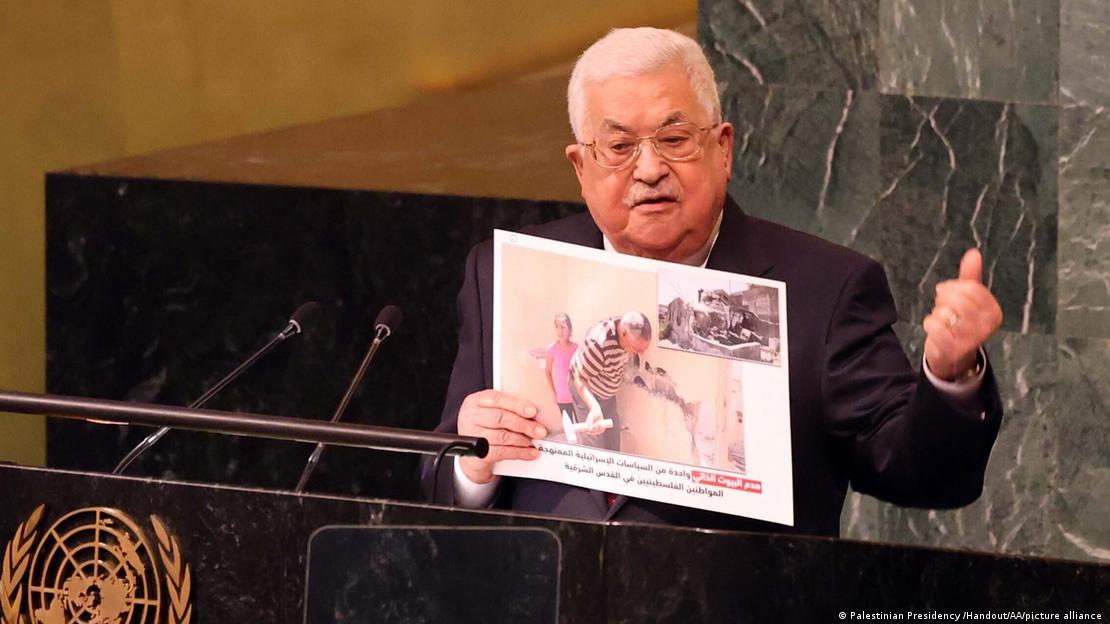
Palestinian President Mahmoud Abbas. Photo: DW
The Palestinian Authority, led by President Mahmoud Abbas and dominated by the Fatah Party, administers semi-autonomous areas of the Israeli-occupied West Bank. But in reality, it controls only a small part of the occupied West Bank. Most of the area is actually under Israeli control.
The Palestinian Authority and the Fatah Party are unpopular with locals in the occupied West Bank.
The last elections were held here in 2005 and Mr Abbas has been in power ever since. While he has been criticised in the West for making anti-Semitic statements and failing to put enough distance between himself and Hamas, local Palestinians have criticised him for not being tough and assertive enough towards the Israeli occupation.
Scenario 3: Palestinian Civil Government
A better, though more difficult, option would be a mixed Palestinian civilian administration, Mr Milshtein said. Such an authority could be made up of different representatives of Palestinian society, such as local mayors. It could also have close ties to the Palestinian Authority.
Such a leadership model could be supported by Egypt, Saudi Arabia, the United Arab Emirates and the United States. “It is likely that this new order will be unstable in the long term and will face many challenges, but it is much better than all the other bad alternatives,” Milshtein said.
Scenario 4: UN-led government
Theoretically, the United Nations could take over a conflict zone after one side in the conflict is defeated, Mr. Stetter said, referring to previous examples from Kosovo.
“But that is not realistic in Gaza,” he noted. “It would be much more difficult, if not impossible, because the conflict is at the center of global public opinion. The possibility of Western countries playing a strong role here could also be severely criticized.”
Getting UN endorsement on such an issue would also be difficult, Mr Stetter added.
Scenario 5: Arab-run government
Mr. Stetter wants a different scenario in which other Arab states would take power in the Gaza Strip, alongside the Palestinian Authority.
“This could actually benefit some Arab states, especially those that have reservations about radical Islamist groups,” he said. Hamas is seen as the Palestinian branch of the Muslim Brotherhood, which Egypt, Saudi Arabia and the United Arab Emirates oppose.
However, Mr Stetter points out that such a scenario would mean Palestinians could be convinced that their interests would be represented rather than simply sidelined. However, Mr Stetter says that would require “some unifying forces to come in, as well as cooperation with the West and the UN”.
Alongside political support, financial support is also needed for any such model to be sustainable. Mr Stetter argues that such a model would not only provide better prospects for the Palestinians but also provide better security for Israel.
Hoang Viet (according to DW)
Source






























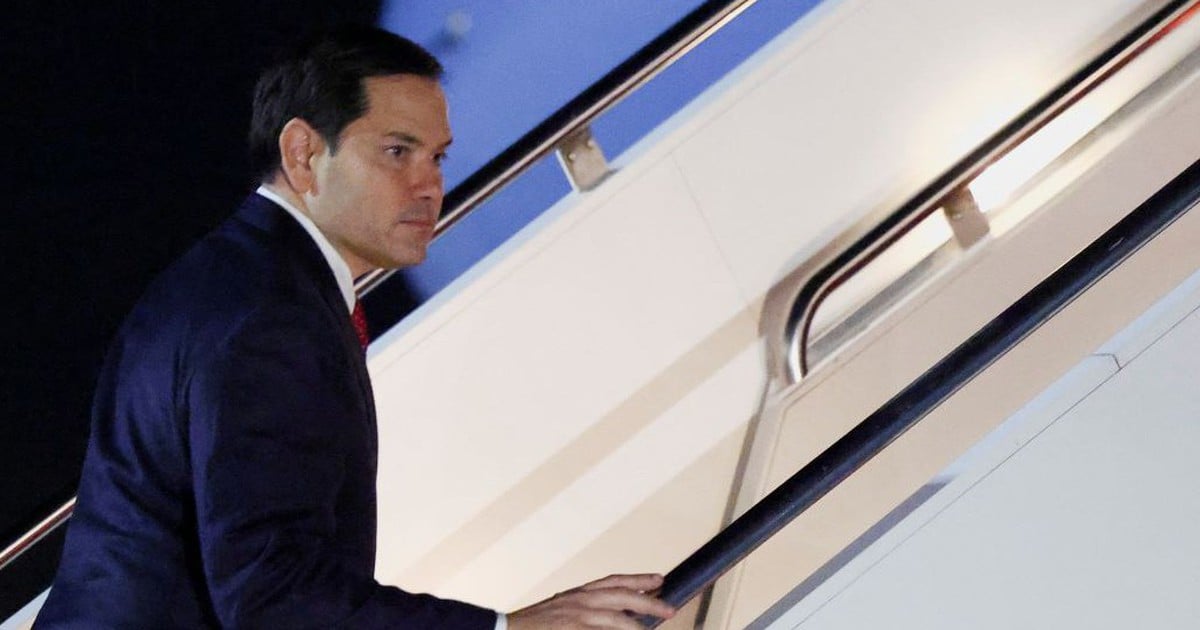

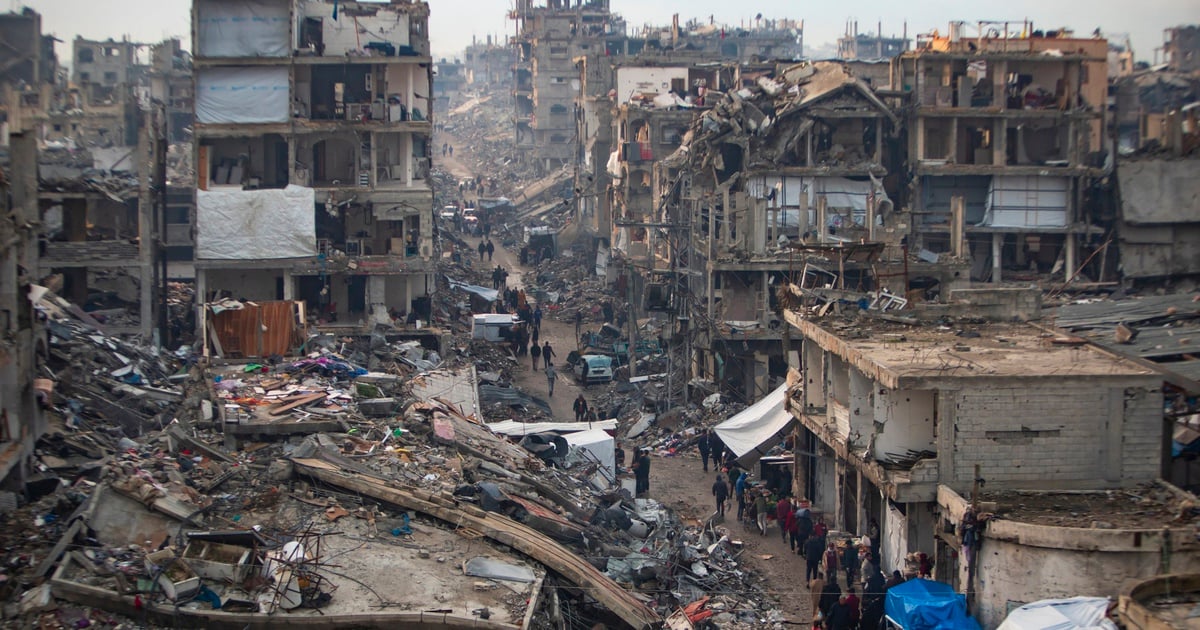
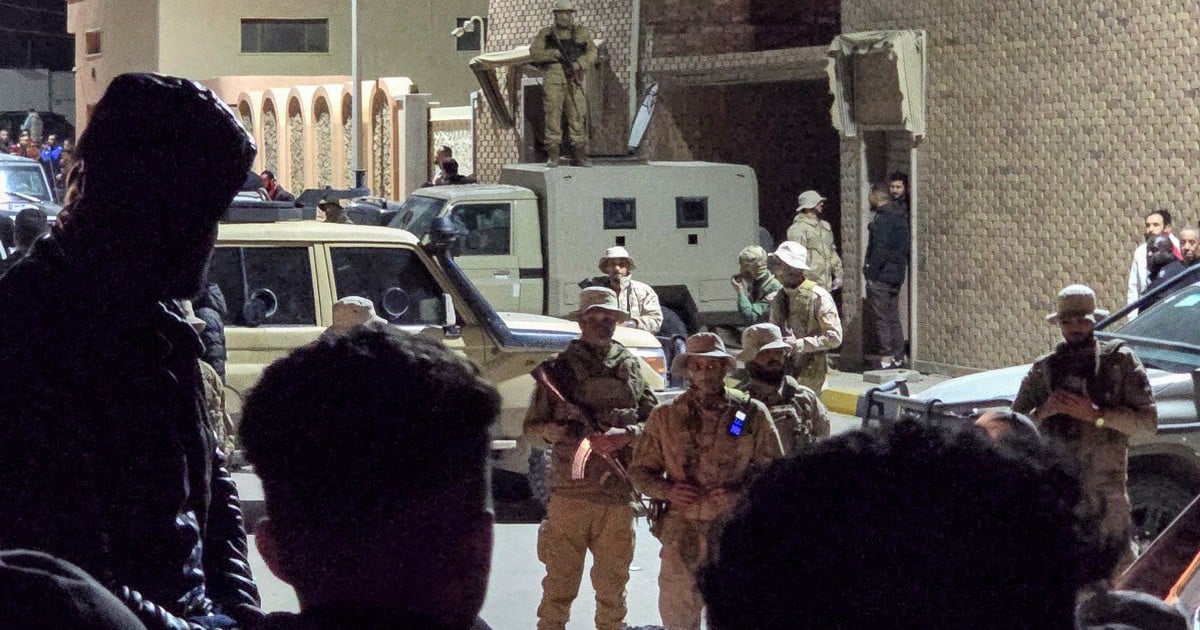
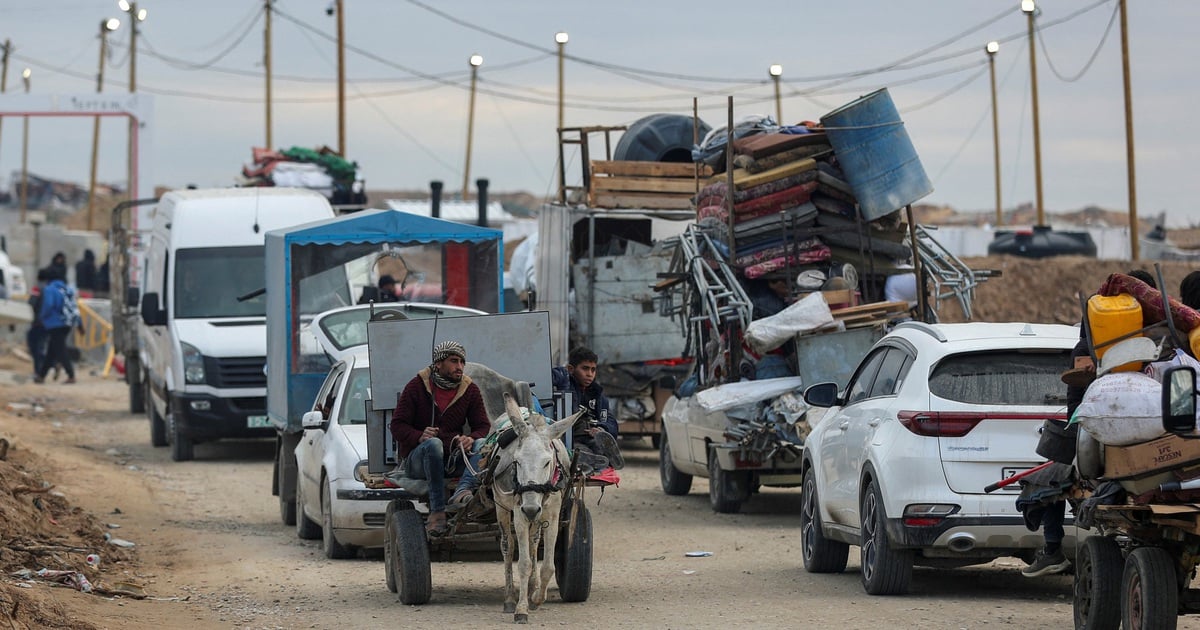
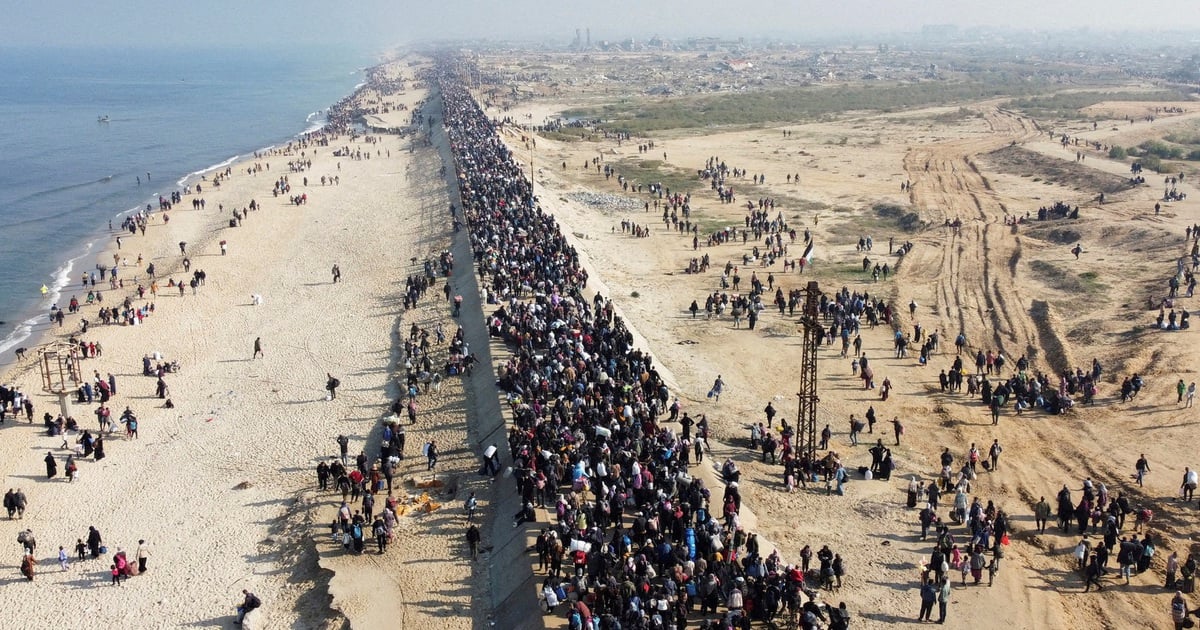
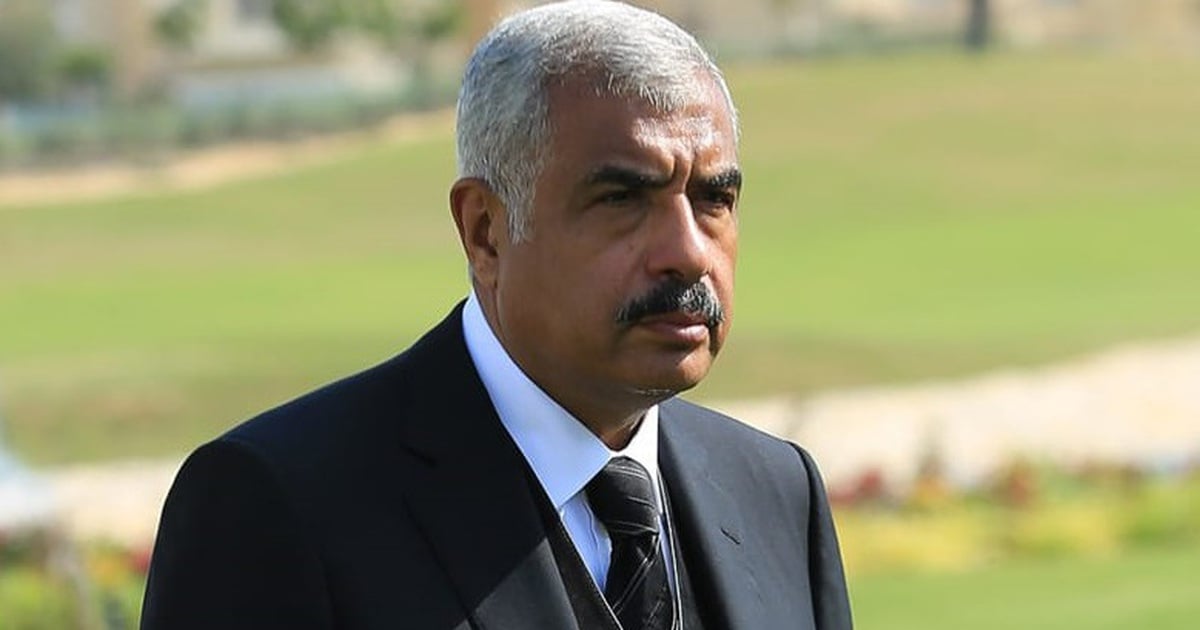


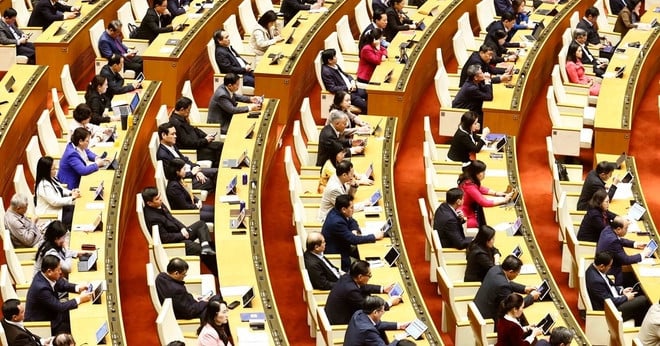

















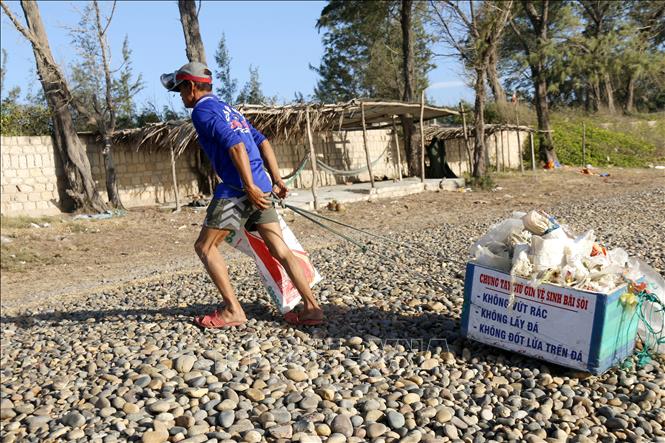







Comment (0)